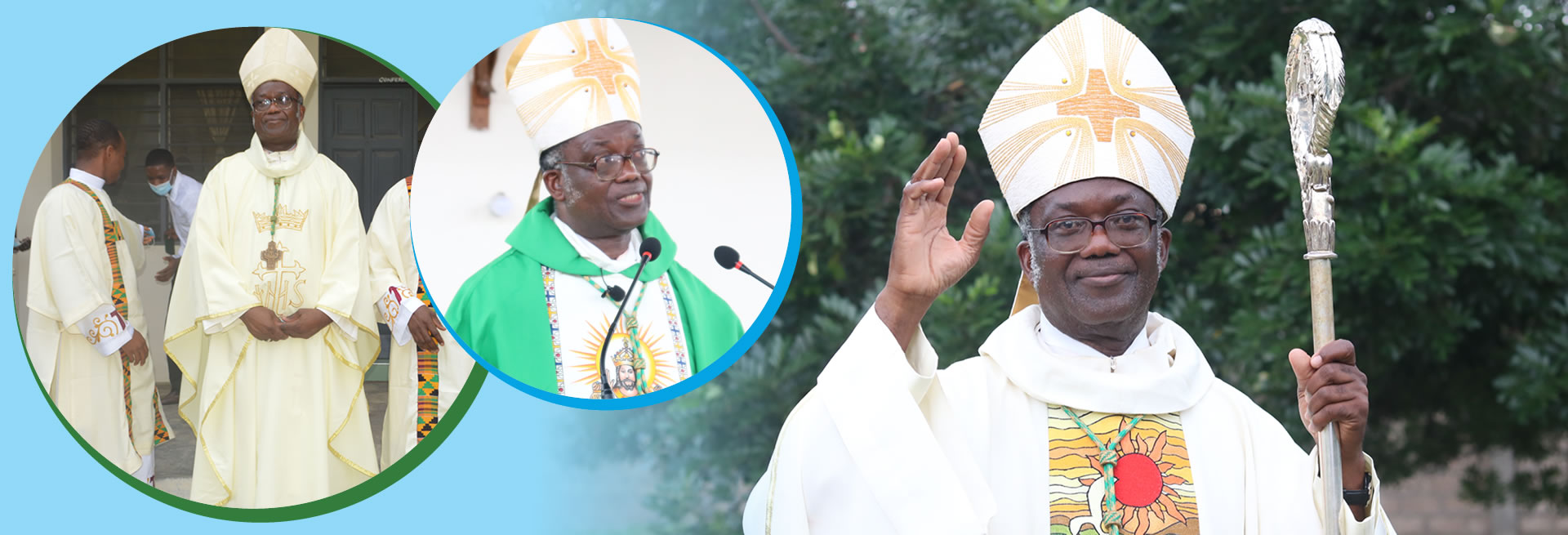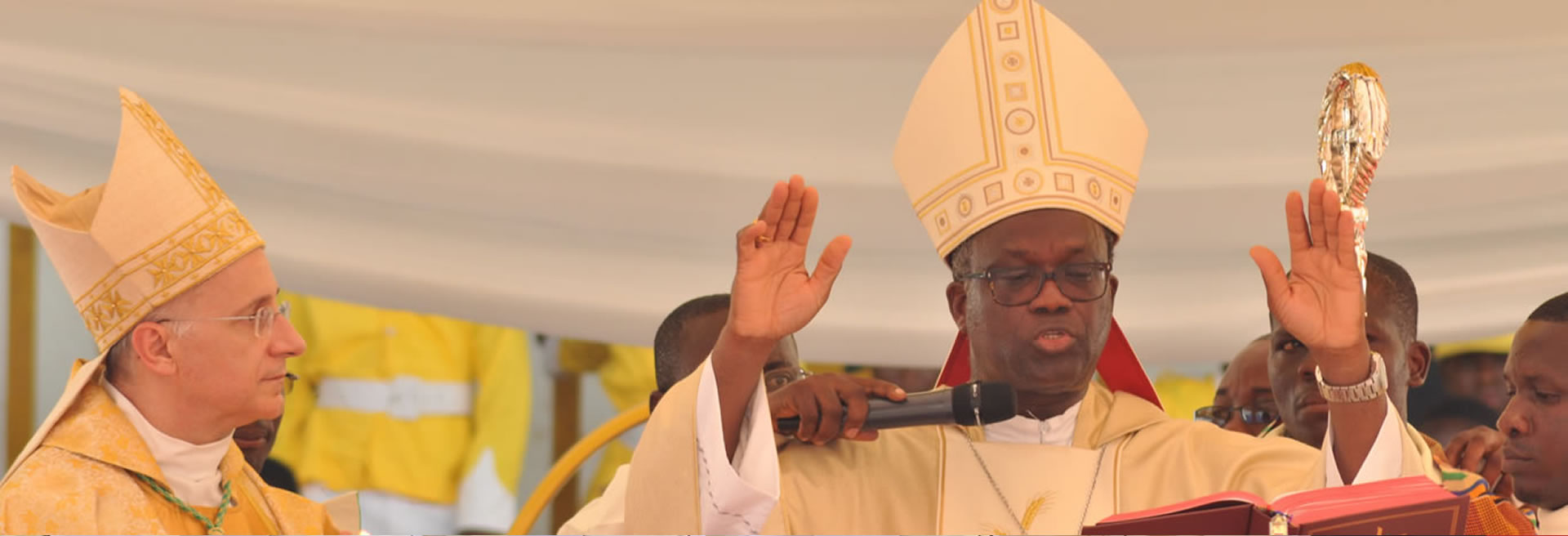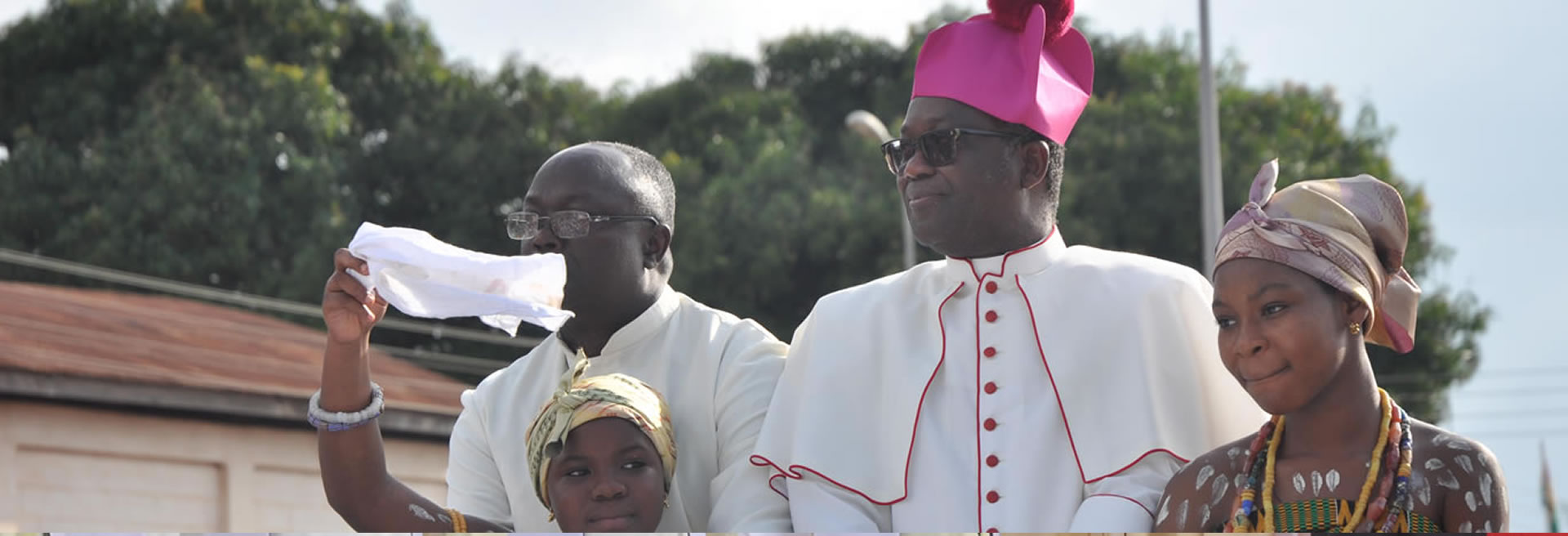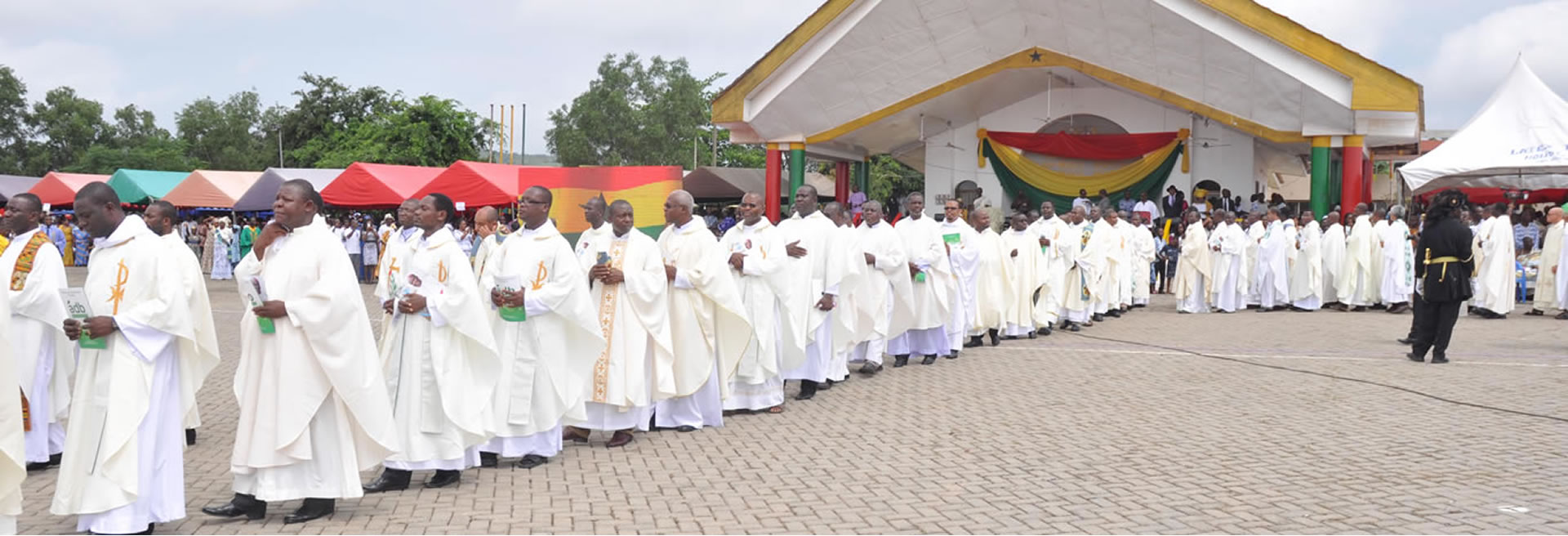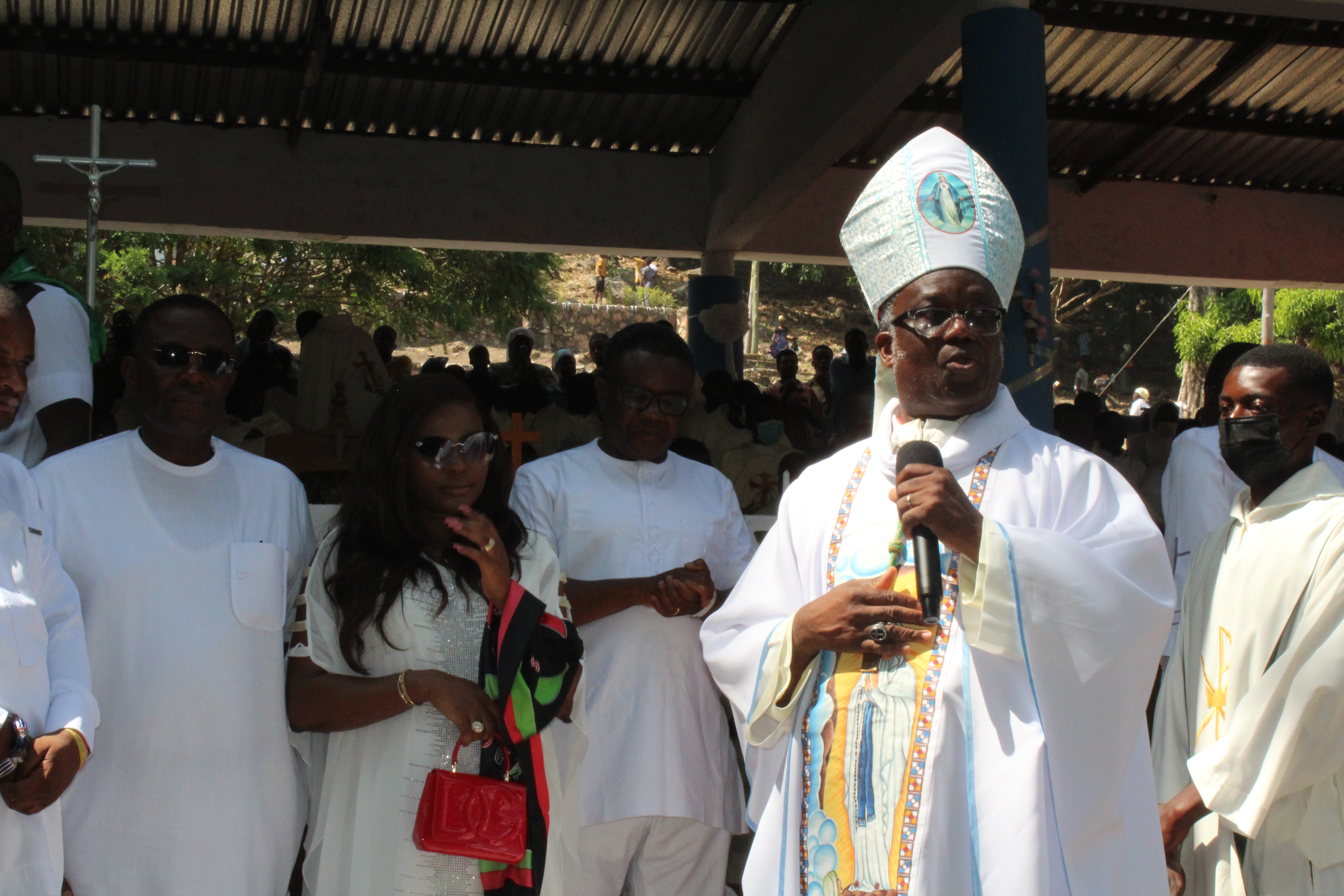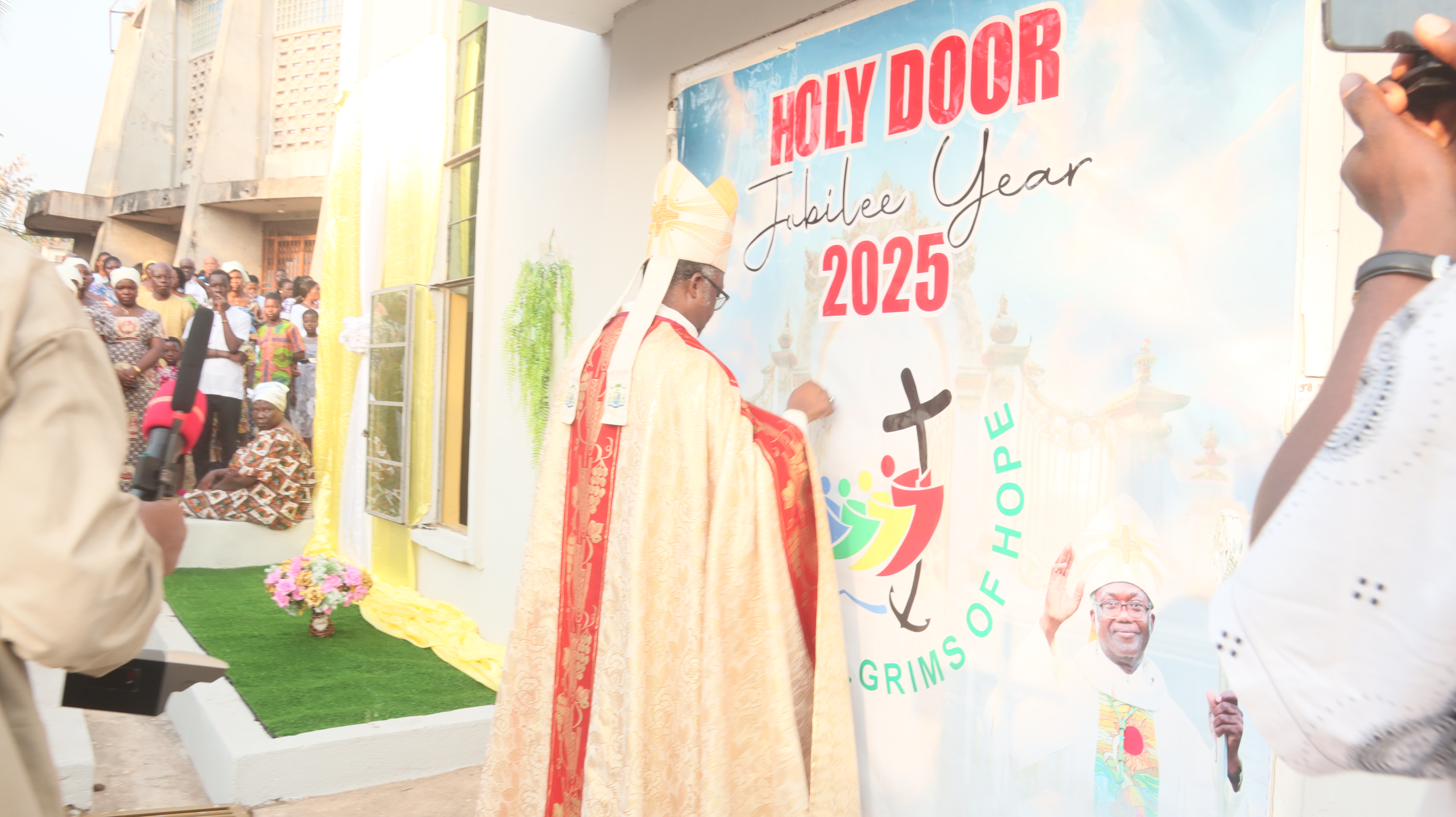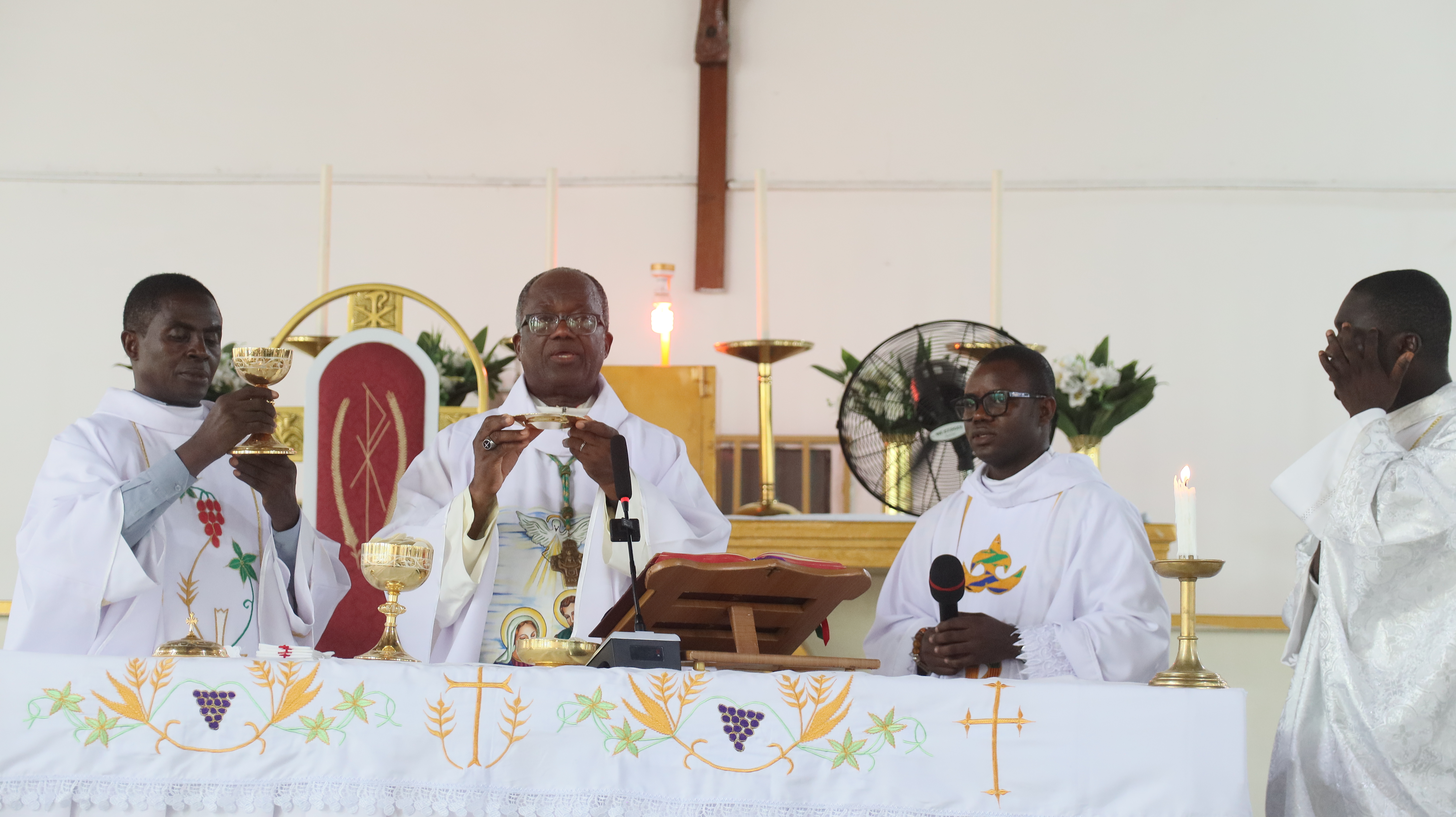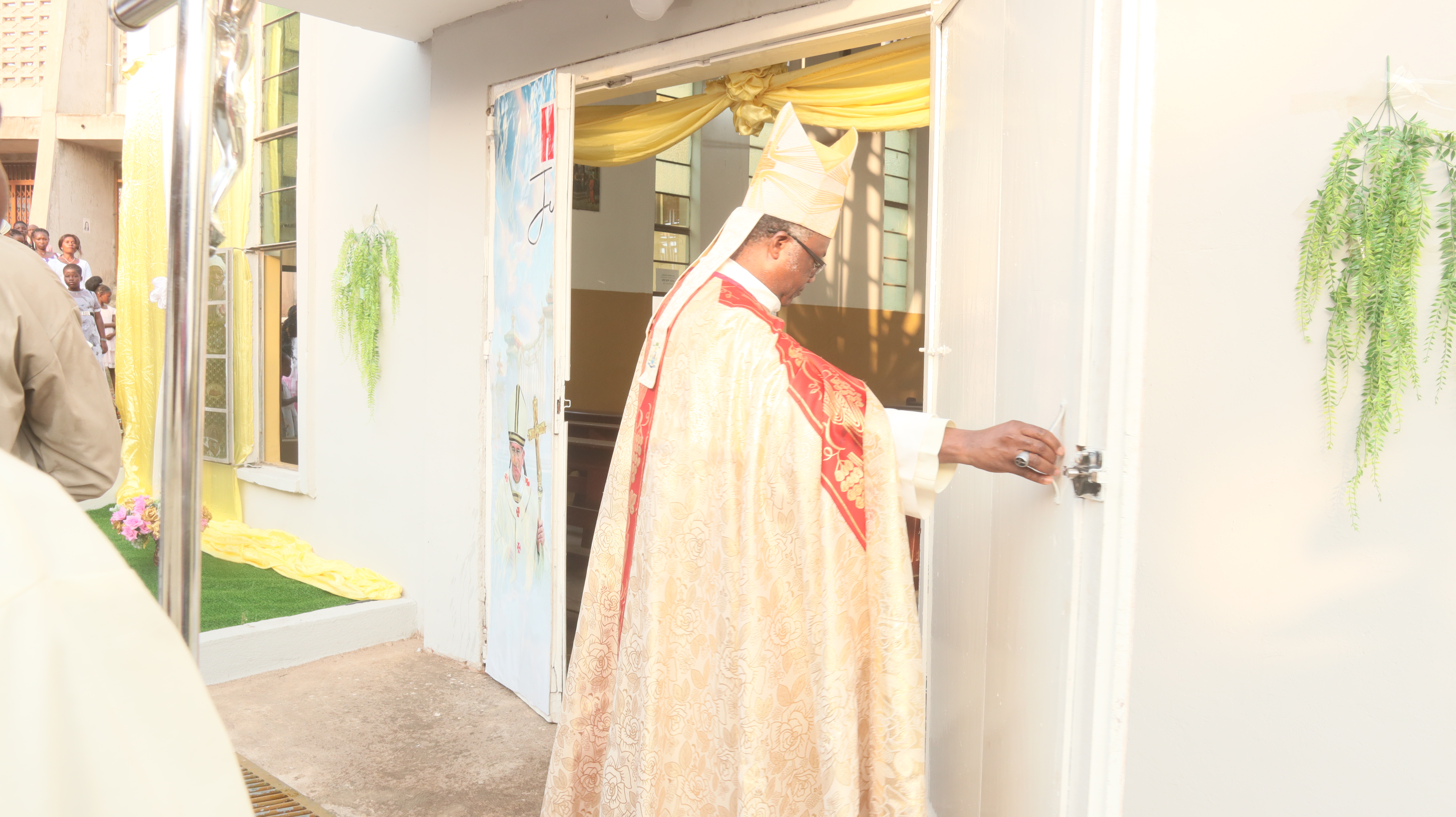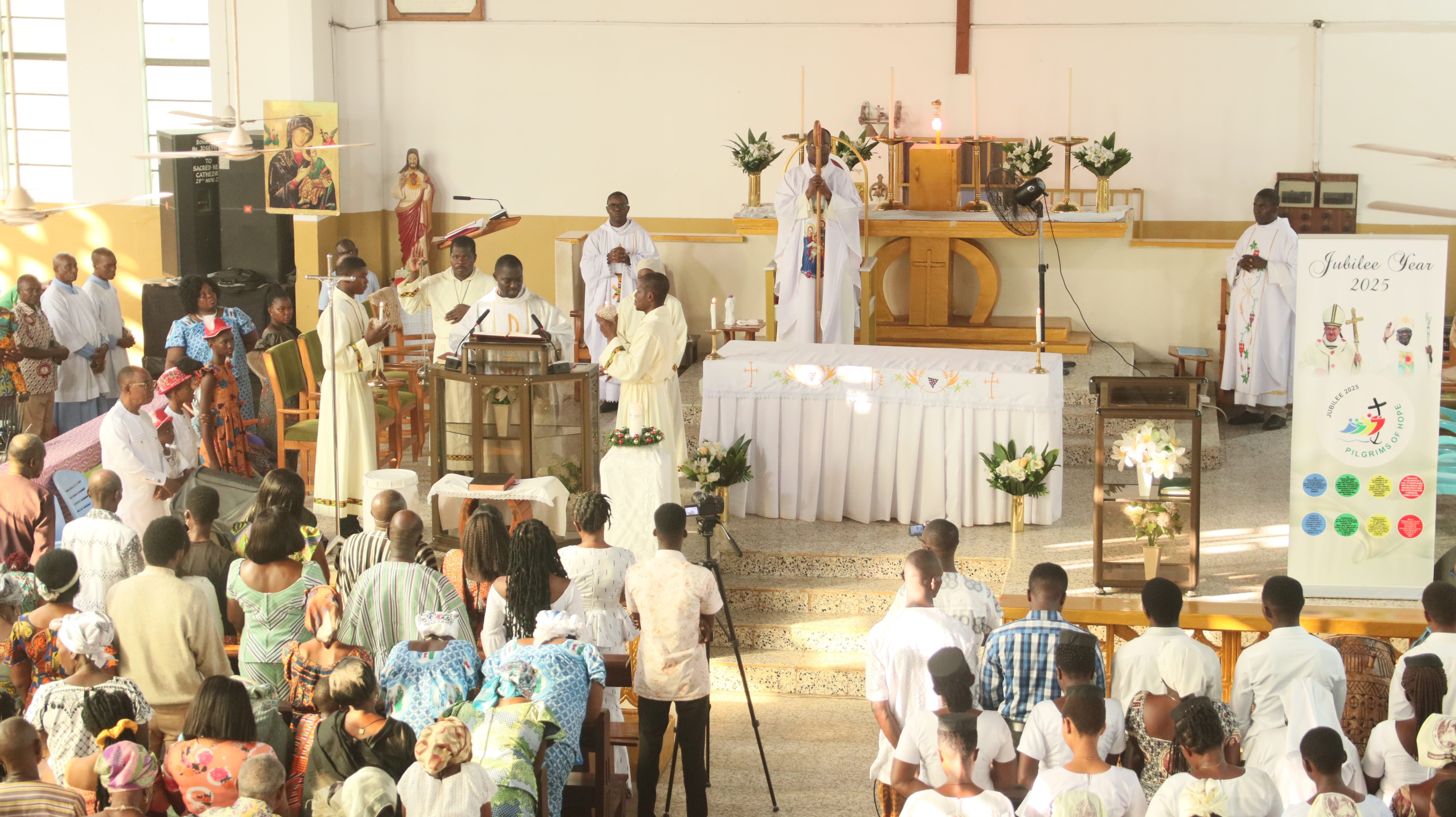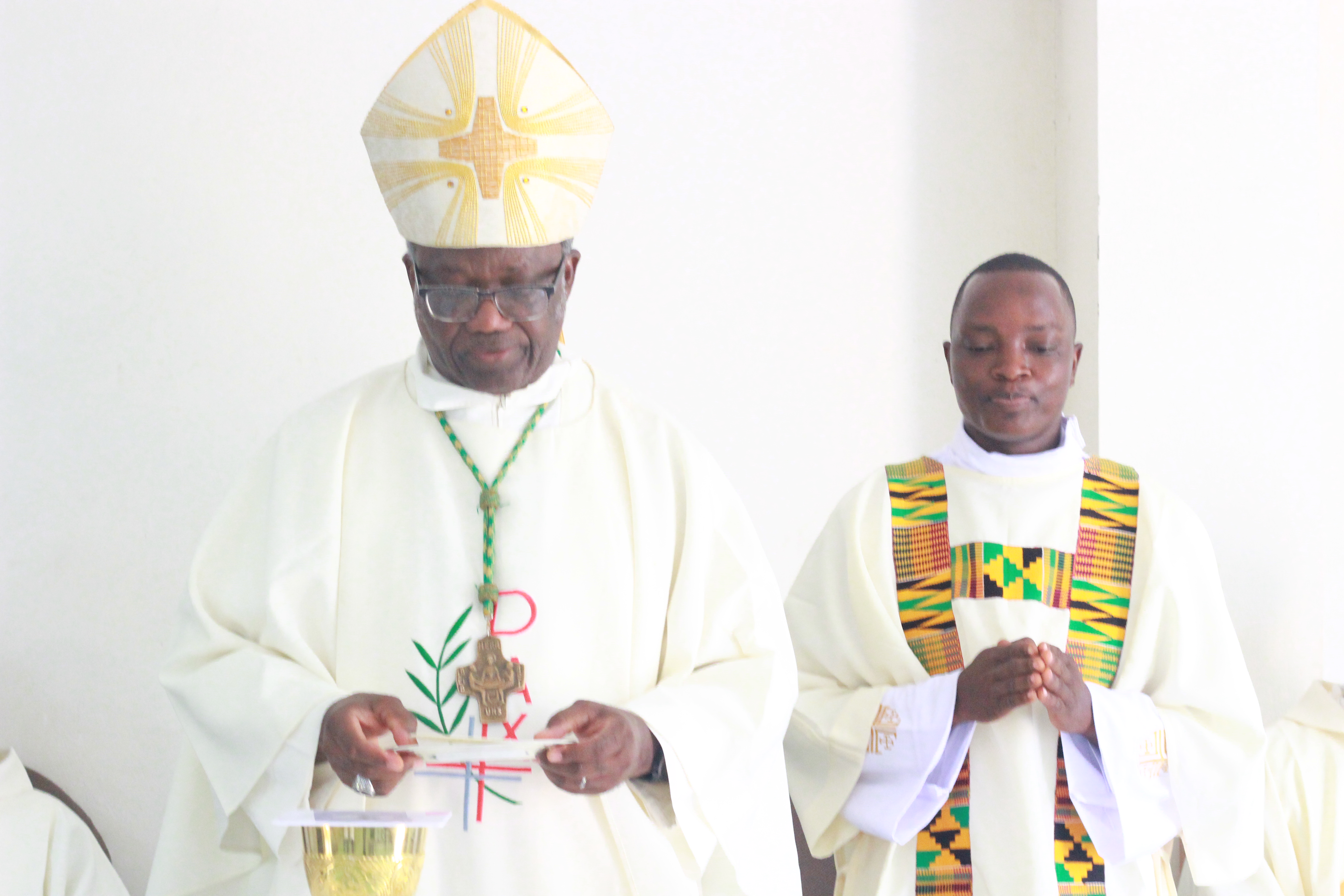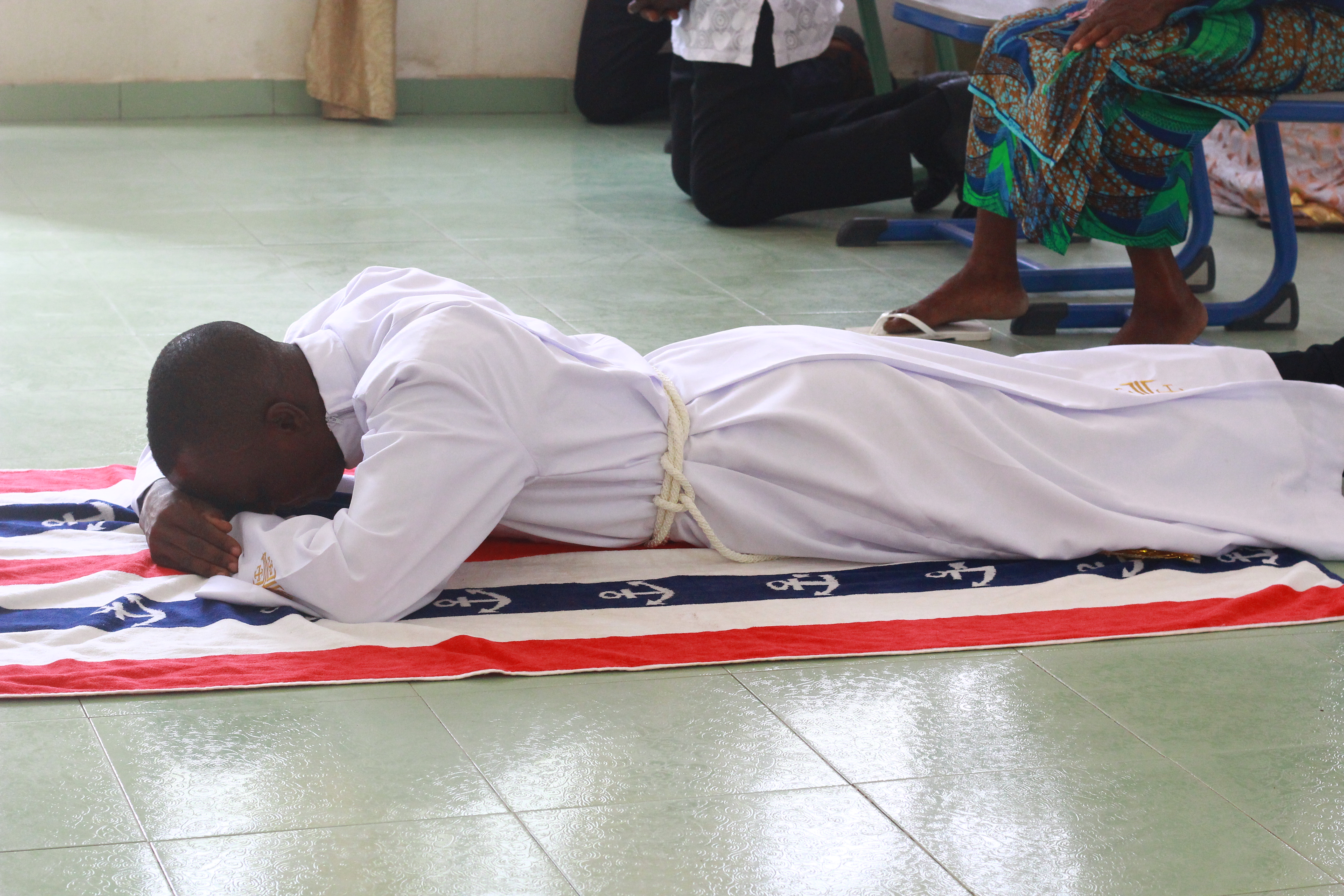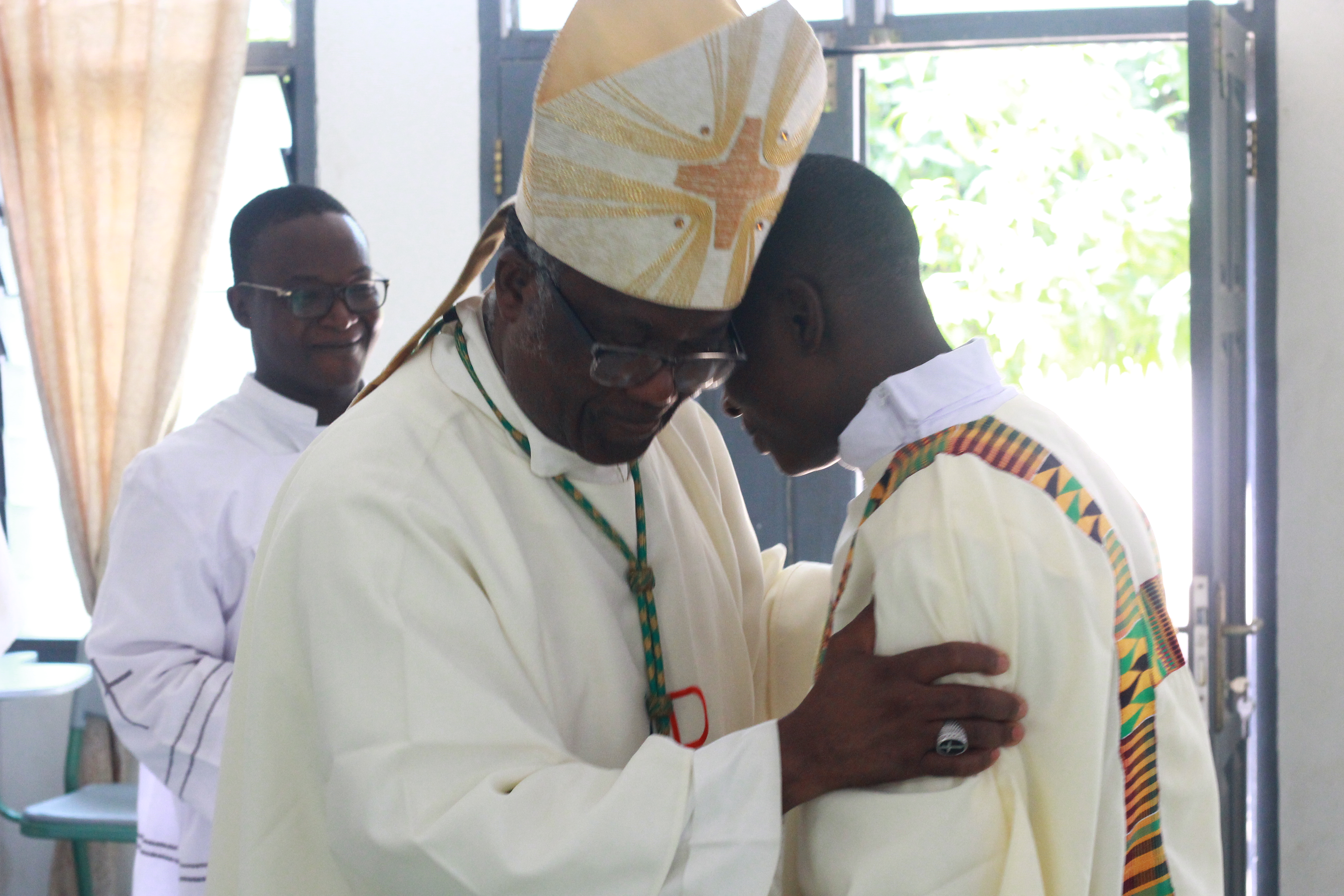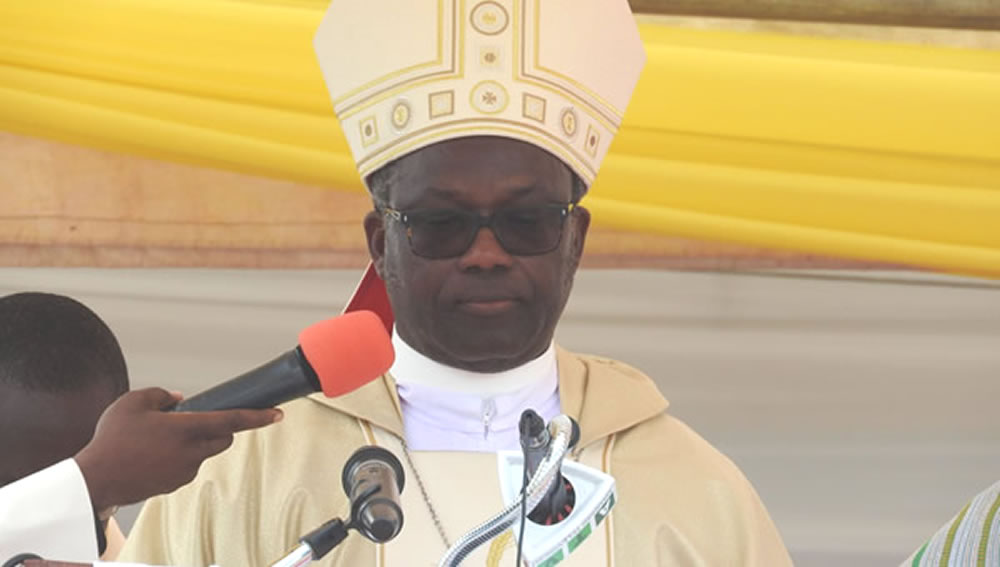GOD’S WORD IN DAILY LIFE
15 June/Saturday/10th Week in Ordinary Time,
1Kgs 19,19-21/Psa 16,1-2.5.7-8.9-10/Matt 5,33-37
First Reading 1 Kings 19:19-21 ·
Elisha leaves the plough to follow Elijah
Leaving Mount Horeb, Elijah came on Elisha son of Shaphat as he was ploughing behind twelve yoke of oxen, he himself being with the twelfth. Elijah passed near to him and threw his cloak over him. Elisha left his oxen and ran after Elijah. ‘Let me kiss my father and mother, then I will follow you’ he said. Elijah answered, ‘Go, go back; for have I done anything to you?’ Elisha turned away, took the pair of oxen and slaughtered them. He used the plough for cooking the oxen, then gave to his men, who ate. He then rose, and followed Elijah and became his servant.
Responsorial Psalm Psalm 15(16):1-2,5,7-10
You are my inheritance, O Lord.
Preserve me, God, I take refuge in you.
I say to the Lord: ‘You are my God.’
O Lord, it is you who are my portion and cup;
it is you yourself who are my prize.
I will bless the Lord who gives me counsel,
who even at night directs my heart.
I keep the Lord ever in my sight:
since he is at my right hand, I shall stand firm.
And so my heart rejoices, my soul is glad;
even my body shall rest in safety.
For you will not leave my soul among the dead,
nor let your beloved know decay.
Gospel Acclamation Psa 118:18
Alleluia, alleluia!
Open my eyes, O Lord, that I may consider
the wonders of your law.
Alleluia!
Gospel Matthew 5:33-37
Do not swear: say 'Yes' if you mean Yes, 'No' if you mean No
Jesus said to his disciples: ‘You have learnt how it was said to our ancestors: You must not break your oath, but must fulfil your oaths to the Lord. But I say this to you: do not swear at all, either by heaven, since that is God’s throne; or by the earth, since that is his footstool; or by Jerusalem, since that is the city of the great king. Do not swear by your own head either, since you cannot turn a single hair white or black. All you need say is “Yes” if you mean yes, “No” if you mean no; anything more than this comes from the evil one.’
Reflection
Oath taking or swearing is obviously at the centre of the Gospel Reading today. This forms part of the antithesis of Jesus’ teaching. The impact of this teaching is dependent on our understanding of oath taking or swearing. An oath is a solemn promise to carry out an obligation. It is also a statement to assure the absolute truth of what one says. When taken in its specific context, we have to affirm that speaking or doing the truth was very important in biblical society. This is in line with the moral values taught in the Scriptures.
It is impossible to imagine that Jesus would make the truth the foundation of his ministry and tolerate at the same time that his followers do not live by the truth. In biblical times, the spoken word alone seemed not to be enough so many people accompanied them with a gesture like the raising of the hand to heaven. Some others used a ritual that was often done with a holy object in a holy place in the presence of a priest. This background explains the seriousness we should attach to the words of Jesus in the Gospel Reading today.
The teaching of Jesus was meant to check the abusive use of oath taking or swearing. Some took an oath not for the purpose of binding themselves to a positive act or as a way of assuring the absolute truth; they did so as a way of avoiding responsibility. In itself, we would find it absurd but that was a reality in New Testament times. To avoid such misuse and to encourage his disciples to focus on the veracity of what they want to say, Jesus told his disciples not to swear an oath at all. There is no need to seek to prove the truth of what one says by swearing. The word of the speaker should be enough to convince the others about the truth. The person who speaks the truth must be able to stand by his word like the Psalmist in the Responsorial Psalm. He/she should be able to “say to the Lord: ‘You are my God.’.. it is you who are my portion and cup; it is you yourself who are my prize”. This is what credibility is all about.
The advice of Jesus to his disciples to let their yes be yes and no be no stresses the importance of meaning or intending what we say. Unfortunately, sometimes people do not really mean what they say to the extent that we have to learn to know when yes does not really mean yes and act accordingly. Life would be much simpler and more transparent if we would all follow the Gospel culture that Jesus introduces here. It is possible for us to initiate this teaching of Jesus in our personal life by making the firm decision to let our yes be yes and our no be no. In this way, we would be living as true children of God who follow the teachings of his beloved Son. This is similar to the attitude of Elisha who was convinced of his understanding of what the gesture of Elijah meant. He went all out to comply with the implications of this gesture and became the successor of Elijah.

